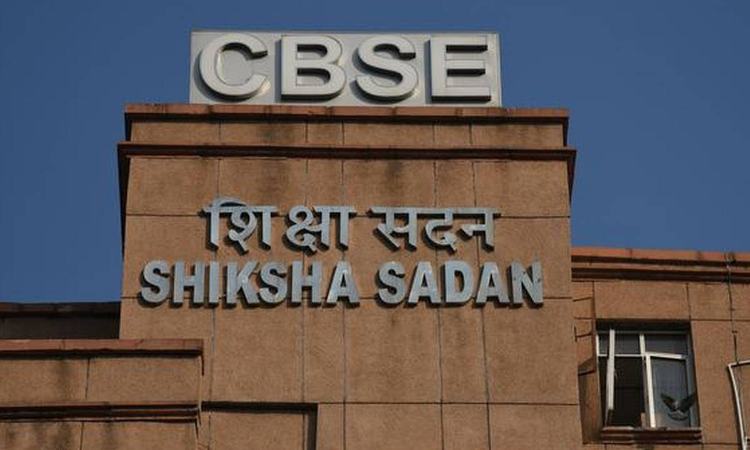'Constitutionally Untenable' : DCPCR Asks CBSE To Award Actual Marks Scored In Practicals And Not On Pro-Rata Basis
LIVELAW NEWS NETWORK
27 Jun 2021 7:47 PM IST

"Allowing CBSE to exercise powers it does not have to amend scores of the child at its whims (or through a whimsical policy) is a constitutionally untenable position".
Next Story


